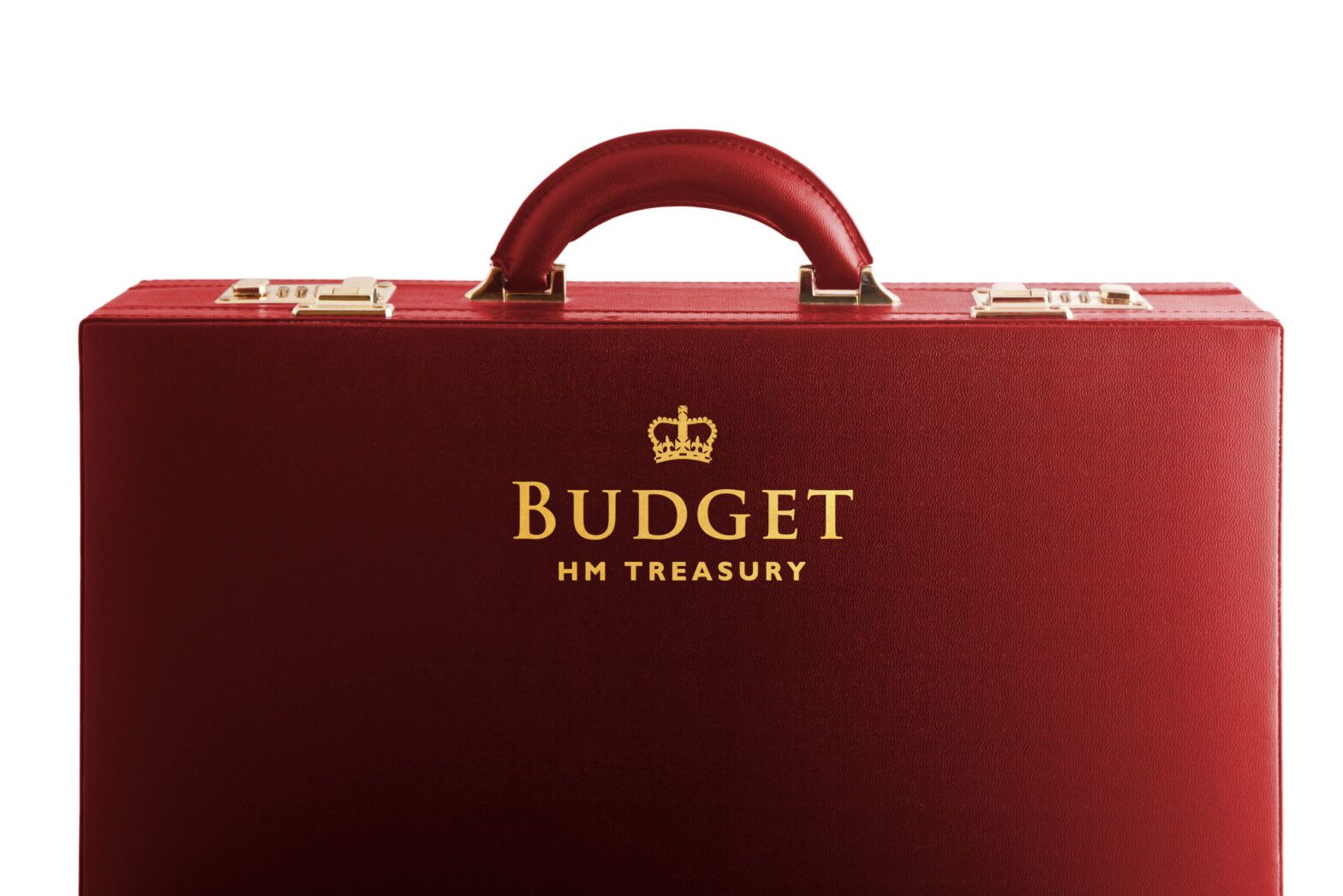The UK government has launched a new nuclear programme aimed at generating a quarter of the country’s electricity by 2050, and has reclassified nuclear energy as environmentally sustainable.
Today (15 March) chancellor Jeremy Hunt used his Spring Budget to reveal the UK would class nuclear energy as environmentally sustainable in its green taxonomy, to give it access to the same investment incentives as renewables. The taxonomy was delayed by the UK government at the end of 2022 – at the time it was said another year was needed clarify and put into law.
Alongside this, Hunt announced the launch of Great British Nuclear, to support new nuclear builds, encourage private investment in nuclear energy and increase the UK’s capacity, which he said was “vital to meet our net zero obligations”.
It was also needed to generate a “critical source of cheap and reliable energy” outside the control of “Putin or any other oligarch”, Hunt added.
He said: “I am announcing the launch of Great British Nuclear (GBN) which will bring down costs and provide opportunities across the nuclear supply chain to help provide one quarter of our electricity by 2050.”
The chancellor also launched the first competition for small modular reactors, to be managed by GBN and completed by the end of this year, and if demonstrated as viable, the Government will co-fund “this exciting new technology”.
The inclusion of nuclear and gas in the EU Green Taxonomy was heavily criticised when announced last year with some countries even threatening legal action. However, European Parliament approved nuclear energy and gas power to be classed as sustainable investments in July.
Carbon capture
Carbon capture usage and storage (CCUS) also featured in the Budget: Hunt said he was allocating up to £20bn of support for the early development of CCUS, “paving the way for CCUS across the country as we approach 2050”.
This unprecedented level of funding for the CCUS sector will unlock private investment and job creation across the UK, particularly on the East Coast and in the North West of England and North Wales, he said.
The government expected the move to support up to 50,000 jobs, attract private sector investment and help capture between 20 to 30 million tonnes of CO2 per year by 2030, he said.
A shortlist of projects for the first phase of CCUS deployment will be announced later this month. Further projects will be able to enter a selection process for Track 1 expansion launching this year, and 2 additional clusters will be selected through a Track 2 process, with details announced shortly.
Certain oil and gas assets can be repurposed for use in CCUS projects, generating cost and development time savings.
The government will introduce legislation in a future Finance Bill to establish the tax treatment of payments made into decommissioning funds by oil and gas companies in relation to the repurposing of oil and gas assets for use in CCUS projects.
The government will also set out plans to refresh the existing control for low carbon levies (CLCL). The CLCL was published in 2017, before the government’s commitments on net zero, and will be replaced by a new framework to reflect its energy security priorities. It will set out details later in the year.
The measures announced today were a further plank in plans that have seen the government increased the percentage of electricity generated by renewables from under 10% when it came into office to nearly 40% now, Hunt said.
For more on the Spring Budget check out our sister titles’ coverage:








